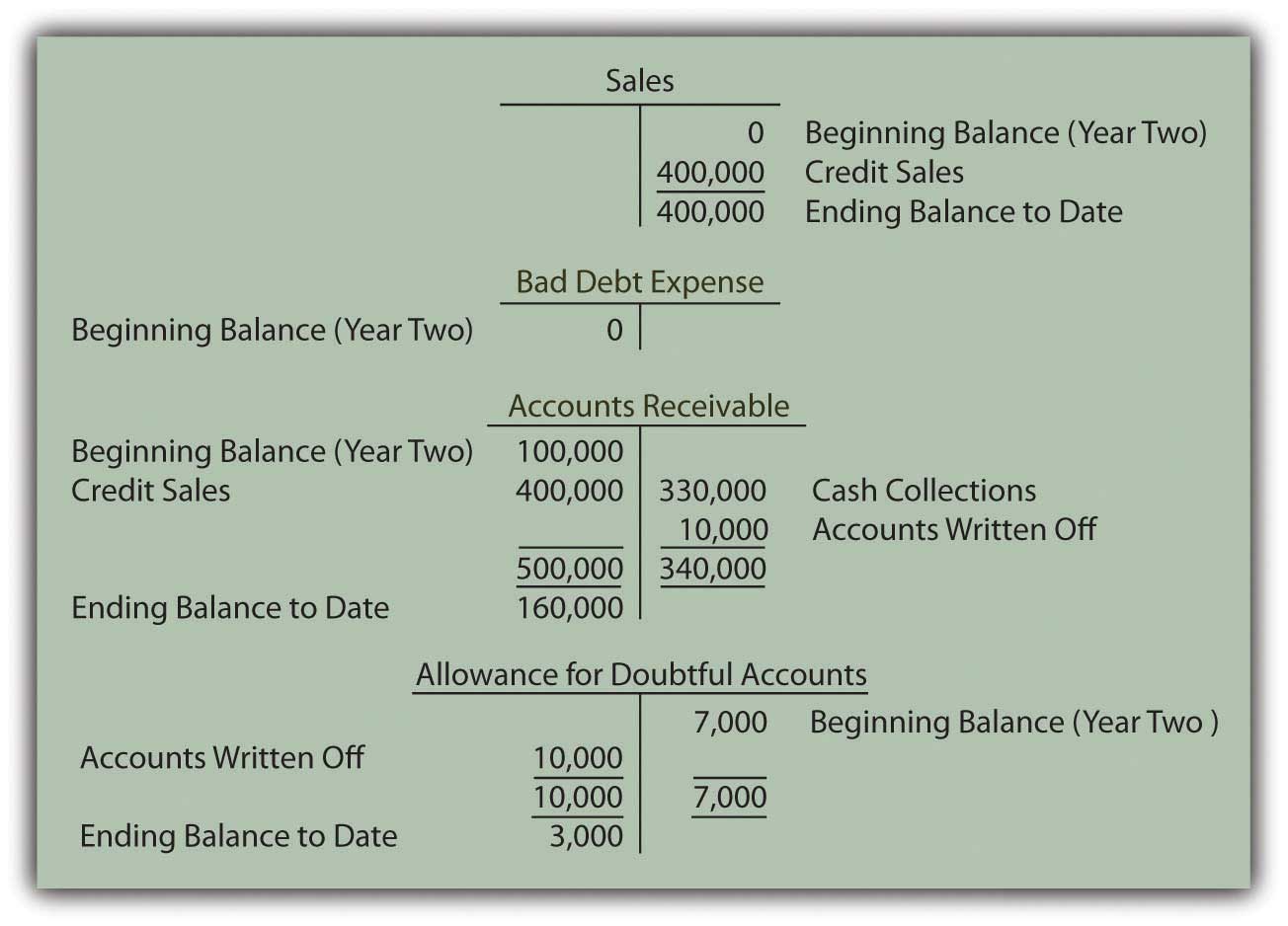Home>Finance>Credit Application: Definition, Questions, Your Legal Rights


Finance
Credit Application: Definition, Questions, Your Legal Rights
Modified: February 21, 2024
Learn the definition of credit application, get answers to common questions, and understand your legal rights. Finance your goals with confidence.
(Many of the links in this article redirect to a specific reviewed product. Your purchase of these products through affiliate links helps to generate commission for LiveWell, at no extra cost. Learn more)
Credit Application: Definition, Questions, Your Legal Rights
Welcome to the finance category of our blog! In today’s post, we will be delving into an important topic that affects many individuals: credit applications. Whether you’re applying for a loan, a credit card, or any type of financing, understanding the credit application process, the questions it entails, and your rights as a consumer is crucial. So, let’s dive right in!
Key Takeaways:
- A credit application is a formal request submitted to a financial institution for the purpose of obtaining credit or financing.
- Answering credit application questions accurately and honestly is essential to ensure a fair evaluation of your creditworthiness.
What is a Credit Application?
A credit application, also known as a loan application or financing application, is a formal request submitted to a financial institution or lender to obtain credit or financing for a specific purpose. It serves as a means for the lender to evaluate the creditworthiness of the applicant and assess the risk involved in lending money.
When filling out a credit application, you will typically be required to provide personal and financial information such as your name, address, employment history, income, and existing debts. The lender will use this information to conduct a thorough evaluation of your financial profile and determine if you meet their criteria for credit approval.
Common Credit Application Questions
While the specific questions may vary depending on the institution and the type of credit being sought, here are some of the common questions you can expect to encounter:
- Personal Information: Name, address, date of birth, and contact details.
- Employment History: Current and previous employers, job titles, and length of employment.
- Income: Gross and net income from various sources, such as employment, investments, or rental properties.
- Debts and liabilities: Existing loans, credit card balances, mortgages, and any other financial obligations.
- Assets: Real estate, vehicles, savings, investments, and other valuable possessions.
It is important to answer these questions accurately and honestly. Providing false information or omitting crucial details could lead to the rejection of your application or even legal consequences depending on your jurisdiction.
Your Legal Rights with Credit Applications
As a consumer, you have certain legal rights when it comes to credit applications. It is vital to familiarize yourself with these rights to ensure fair treatment during the application process. Some of the essential rights include:
- Equal Credit Opportunity Act (ECOA): This legislation prohibits lenders from discriminating against applicants based on race, color, religion, national origin, sex, marital status, age, or receipt of public assistance.
- Fair Credit Reporting Act (FCRA): The FCRA regulates how consumer credit information is obtained, used, and shared. It gives you the right to a copy of your credit report and the ability to dispute any inaccurate information.
- Truth in Lending Act (TILA): TILA ensures that consumers receive clear and accurate information about the costs and terms of credit. Lenders must disclose the annual percentage rate (APR), finance charges, and repayment terms.
By staying informed about your legal rights, you can protect yourself from unfair practices and make informed financial decisions.
Conclusion
Understanding credit applications, their questions, and your legal rights is essential for navigating the financial landscape. Remember to provide accurate and honest information when filling out credit applications, and familiarize yourself with the laws that protect your rights as a consumer. By doing so, you’ll be well-prepared to seek credit or financing that suits your needs.
Thank you for reading our finance blog today. If you found this article helpful, be sure to explore other informative posts in our finance category for more valuable content.














